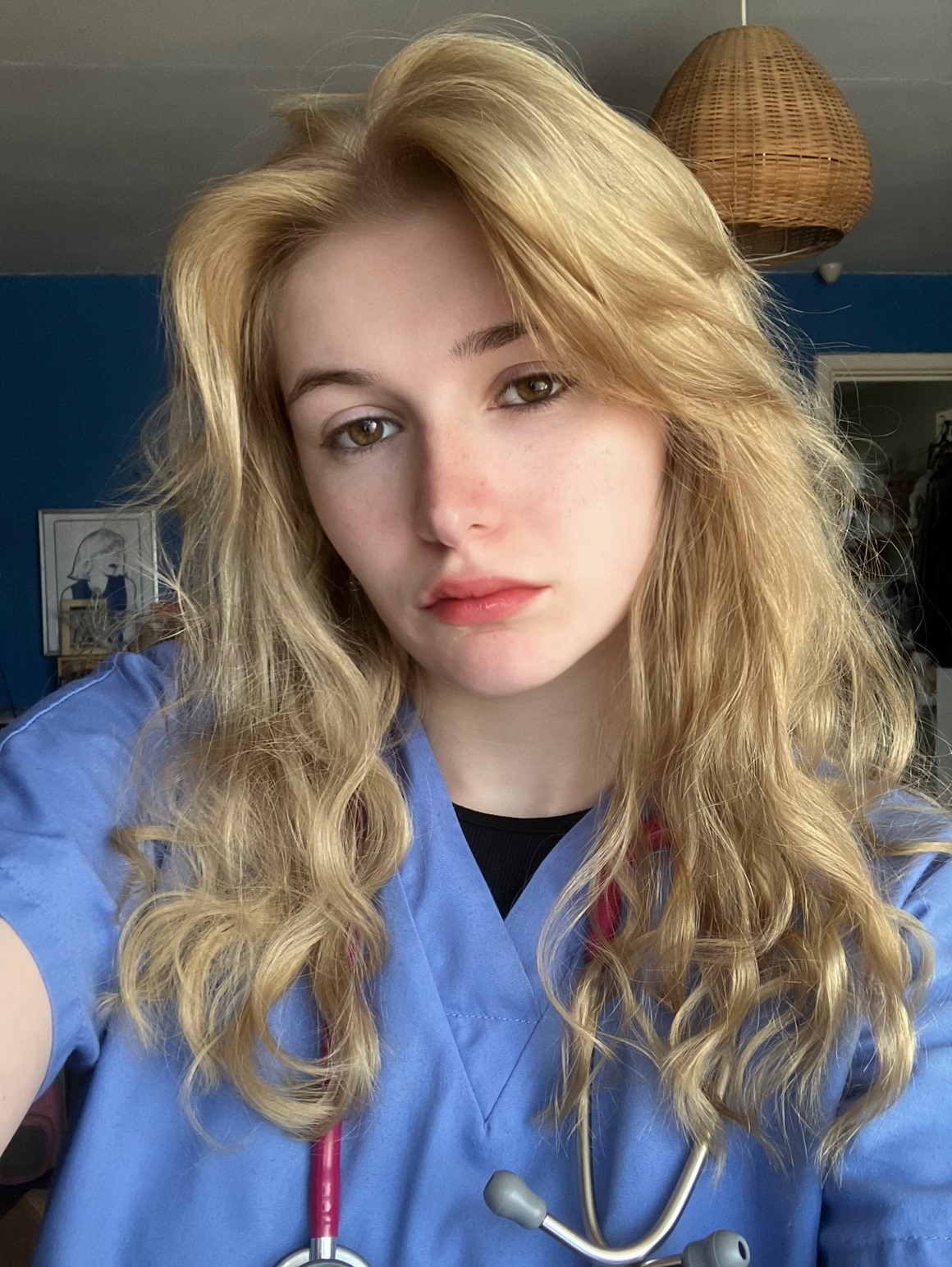
UK Summer School , 2022
Amy Joyce
Student
Amy took part in a Sutton Trust Summer School in 2022 at the Royal Veterinary College, sampling life as a vet student...Neil took part in a Sutton Trust Summer School in 2011 and went on to study languages at university. Having studied and worked in 7 different countries, Neil is now a Senior Project Manager for a translation firm and a member of the Sutton Trust’s Alumni Leadership Board. Read on to find out more about Neil’s journey.
How did you hear about the Sutton Trust and what led you to apply?
“I studied at a state/religious comprehensive in Chester between 2005-2012. My school mentioned the Sutton Trust in passing during an assembly in early 2011 when they were trying to get us motivated about an upcoming UCAS fair. As St Andrews was one of my UCAS options, but also too far away for an Open Day, I decided to apply for the Summer School to see what it would be like to spend a week there in the far reaches of Scotland.”
What do you remember about your time on your Sutton Trust programme?
“I remember specifically discussing the poem “Toco tu boca” by Julio Cortázar, and spending afternoons swimming in the cold sea. Also being surprised that St Andrews was famous for ice-cream, getting shouted at when crossing the golf courses to get to the beach, and learning what a ceilidh was, as none of the English students had an idea, whereas the Scottish students all arrived in kilts and the necessary dress.”
What did you gain from the programme and how did it impact you?
“Although I knew I wanted to go to university, having originally thought about forensic science and then being unsure between languages and chemistry, the Summer School really helped me feel at home with languages at a university level. It gave me a certain level of confidence, particularly in the first few weeks of university where you met people from all walks of life, many of whom had already lived and studied in multiple countries, or who had more extensive experience of the skills required for university from their time at school. It made me feel like I could compete with them.”
What did you do afterwards?
“I went on to study languages at the University of Exeter. As part of this I did a year abroad in France, Russia, and Spain, where I studied and worked in Nice, St Petersburg, Kazan, and Soria. I applied to return to work as an English teacher in Kazan, but was sent to teach in Chengdu, China for 16 months instead. When I came back I did a Master’s at the University of Glasgow, specialising in Central and East European, Russian and Eurasian Studies, and then studied Czech language and literature at University of West Bohemia in Czechia.”
Did you know what you wanted to do for a career before university?
“I knew that I wanted to work in languages, and at the time thought that I might end up working abroad (which I have), travelling to Peru (which I have not yet), or living in Barcelona (also not yet achieved). I thought I might work for the EU or UN, but so far I’ve been a teacher, museum guide, NGO researcher, and translator. As languages are less vocational, as opposed to medicine or law, you’re able to do almost anything with it. In the future, I would like to go into the civil service.”
What does a typical day look like for you in your role?
“I am currently a Senior Project Manager for a translation firm called Etymax Global Language Solutions based near London Bridge. A typical day for me would be 9am to 5.30pm. Given the languages I speak, I cover from Taiwan through to Canada as well as various parts of Latin America, so I prioritise my workload based on timezones and when projects and queries may be coming in from my clients. I’ll have to be aware of different national holidays which may impact projects, as clients aren’t always up to date with which countries may not be working, so time/project management skills and intercultural communication are key.
A day may include sitting down and reading through 40,000 words of French, though that would ideally be prioritised with a native speaker, or working through a dozen Traditional or Simplified Chinese templates to provide import licences or certificates to different agencies.
I may have the odd phone call with a client in North America to arrange their requirements for the various forms of Spanish or Canadian French, or analyse contracts with Central European project managers.
Overall, I speak 6 languages, but will be working with clients/translators/agencies in approximately 20.”
What’s the best thing about your role?
“The best thing about my role is I specifically use the skills I was trained in during my undergraduate languages degree, as we have so many opportunities where students will complete a degree and then work completely outside their training. It also means that I am constantly building on these skills, albeit in very specific areas, but with London being so multicultural, you can keep up to date and communicate with people in their own language.”
Want to inspire students with your story? Get in touch with us at [email protected] – we’d love to hear from you.
Browse our library of alumni stories and continue to be inspired!